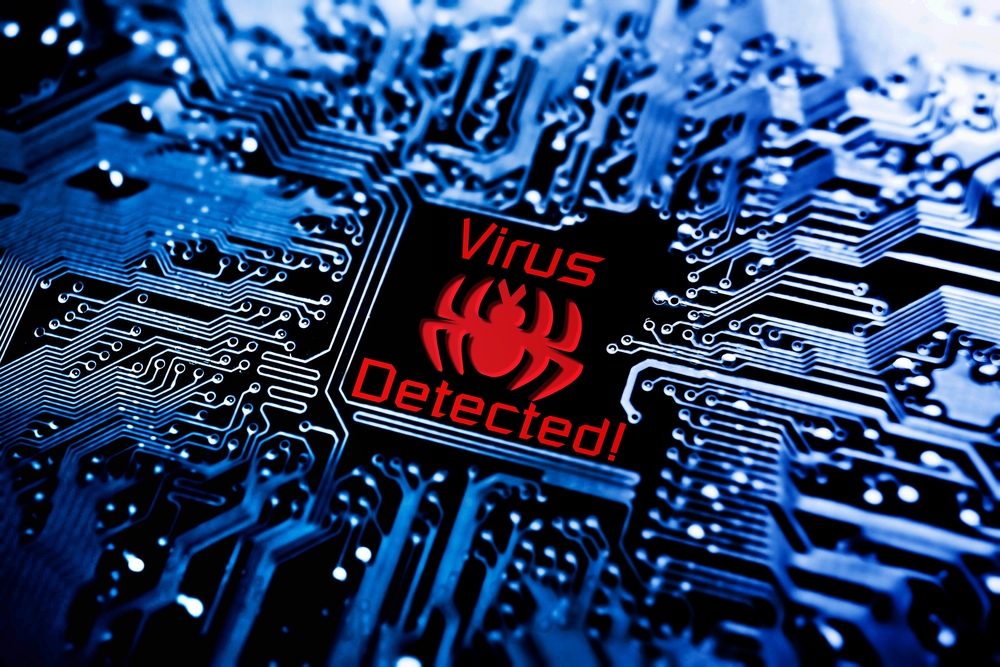
In the first part of this post we looked at why some computers are slow right out of the box. But what about ones that were fast, but aren’t any longer?
It’s a Mad World
The most common cause of a suddenly sluggish computer we encounter is what I term ‘crazy process’. A process is a piece of software running on a computer, often performing some useful task in the background without any visible signs that it is working. A typical computer running Windows will have dozens of background processes, even when it’s just sitting at the desktop with no applications loaded.
If one of these processes goes wrong it can slow the computer to a crawl in two ways. First, by overwhelming the hard drive with requests for information, causing any applications you load to have to wait. Or it can consume all of the computer’s memory, which forces Windows start temporarily using the hard drive to store information that should be in memory. Either way the result is computer that seems crippled.
Nine out of ten times we see this problem it can be traced back to just two culprits; the anti-virus, or Windows Update.
Anti-virus software is incredibly invasive. It hooks into almost every part of Windows and every application you use. Every file access is monitored and checked. Almost everything an application does has to pass through the anti-virus program to be scanned.
So when AV goes wrong it can seriously degrade the computer’s performance and often make the system behave in odd and unpredictable ways.
The other main cause of slow performance is, surprisingly, Windows Update. Downloading and installing updates for Windows doesn’t sound like a hard task, but Windows Update is a complex piece of software that far too often trips over itself and falls in a heap. We regularly see machines where WU does little but sit in the background thrashing the hard drive, eating up all available memory, and achieving nothing productive at all.
Unfortunately this sort of issue is often very difficult to fix. WU can go wrong in so many ways that restoring it to correct operation is frequently a process of laboriously trying varying fixes, hoping one of them will work.
Salt, Meet Wound
Confronted with a chronically slow computer, we find people too often resort to downloading one of the legion of ‘speed-up’ or ‘PC-fix’ programs that are widely advertised on the internet.
These do not work, and can make the problem worse. The best of these programs do a few basic maintenance tasks that make little or no difference to how the computer performs. The worst throw up a false list of scary sounding ‘errors’ that require repairing, and then demand money to do the fixes. These are a scam, pure and simple.
Unfortunately, with performance problems there is no substitute for an experienced technician or engineer who knows their way around the internals of Windows.
It Ain’t Half Hot, Mum!
Another cause of slow performance, almost exclusively seen on laptops, is overheating. In the bad old days when a processor chip got too hot it would usually die, often with a small cloud of nasty-smelling magic smoke.
Modern processors have power management systems that detect overheating and cause the processor to slow down, preventing release of magic smoke. So heat is not longer fatal for the processor, just the user’s patience as their laptop crawls along.
If your laptop is sluggish, hot and the cooling fan sounds like a hair dryer, then it probably needs the cooling system cleaned out. On 99% of laptops this requires disassembling the machine and is best left to an expert. We’ve seen too many laptops damaged, often beyond repair, by enthusiastic amateurs wielding an over-large screwdriver…
Some posts on the internet and Youtube videos will advise squirting compressed air into the fan vents to fix overheating. But this isn’t an effective solution. All it does it blow the crud blocking the internal metal heat grille back into the cooling fan. Next time you turn on the laptop the debris will just get stuck on the grille again.
Also, compressed air is cold. Cold enough to cause frost to form on anything it hits. Never, ever spray compressed air into a laptop that is switched on or still warm. The frost can cause a short circuit or physically break warm components inside the laptop due to thermal stress. A clogged cooling system needs to be hand-cleaned by a technician to be sure of a positive result.
